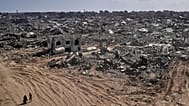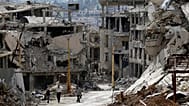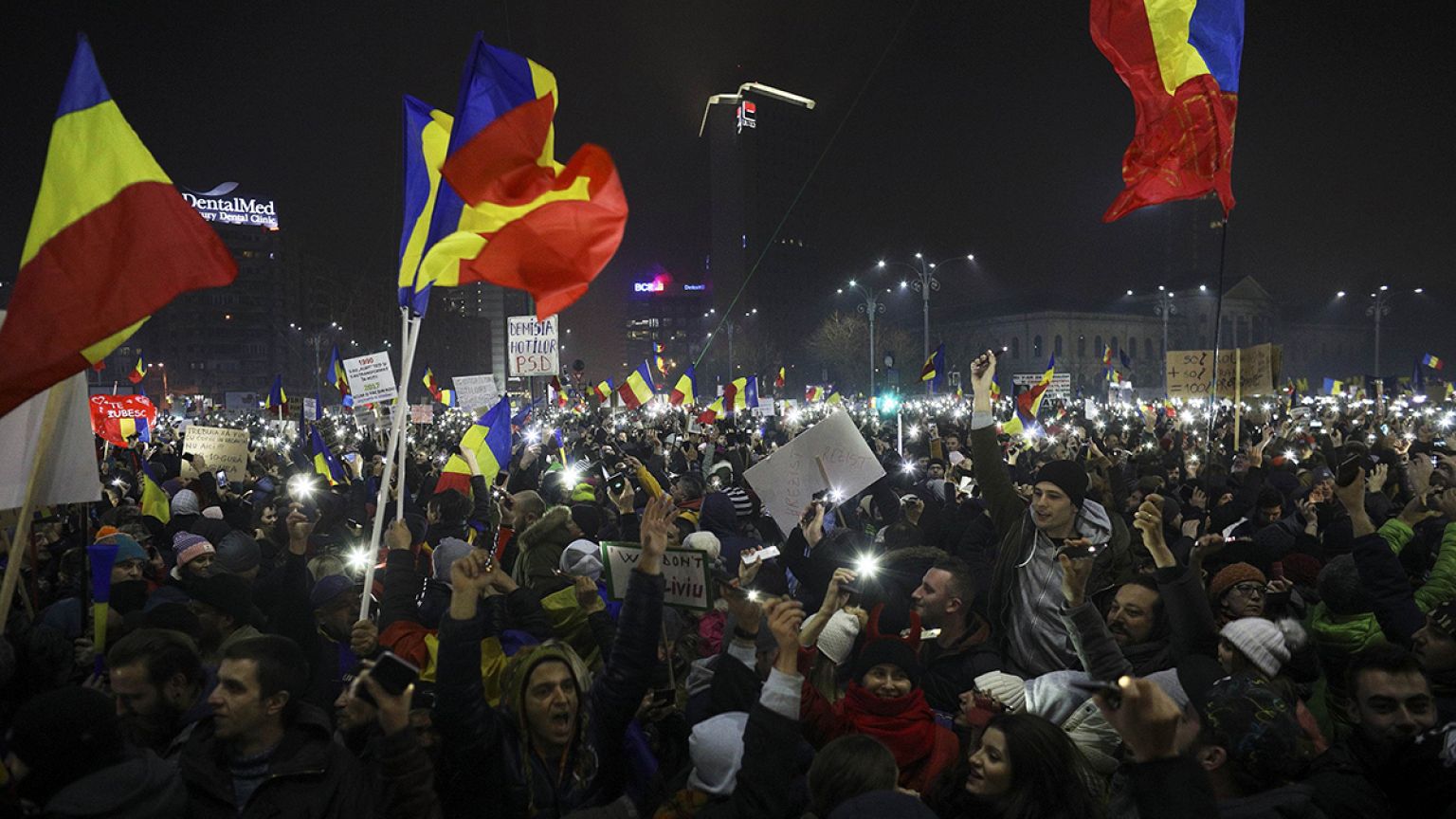By Norica Nicolai, Member of the European Parliament for Romania
This year Romania is celebrating its 10th year anniversary of EU membership. In this period, according to the constitutional principles, different governments have issued more than 1,200 emergency ordinances, among which 34 were in the domain of justice. The government installed last December adopted an Emergency Ordinance, with the main purpose of modifying the Penal Codes according to the recommendations of the Constitutional Court. This was supposed to happen two years ago but all the governments preferred to ignore the subject and continue to have the Penal Codes in conflict with the Constitution. Politicians from the opposition, as well as some citizens of Romania, considered that this legislation was not adopted transparently and that it was meant to favour different political leaders investigated or convicted in corruption cases.
In my opinion, in a European state governed by the rule of law, legislation is valid if adopted by the parliament or by other institutions which are entitled to create laws. No matter how fragile democracy is, it cannot be accepted that laws should be made in the street, under pressure and emotion. By doing this, we ignore the main democratic mechanism, which is the popular vote.
The recent developments in Romania characterized by strong public protests, are repercussions of the political battles, which unfortunately did not stop after the election. I remember that more than one year ago, following the tragedy at the Colectiv club which resulted in the death of 64 young people burned in a fire, under pressure from the street and after the intervention of the president who encouraged the protests, the Socialist government was obliged to resign. At the time we saw that the president, despite the fact that he should have moderated the conflict, expressed his clear wish for a specific government, his government, adding a very shocking statement: “People had to die in order to obtain the resignation of this government”.
As a coincidence, during the year following the elections, the same type of fire started in another club in Bucharest, which fortunately ended without victims and did not generate any more public discontent. Just days after this incident, people started to head onto the streets, during the public debate period of this new legislation, despite the fact that the government created the conditions for all the people to understand and to comment on the new legislative project. After the adoption of the Ordinance, the mobilisation was done very fast on Facebook, since the emotion had already been created. Most of the agitators are members or leaders of NGOs, organisations that are supposed to be apolitical, and this is the reason why I have serious doubts about the so-called spontaneous character of these street protests.
I must say that, as the press revealed, some of the protestors are employees of international companies located in Bucharest. In this context, it is not a detail the fact that the new government has just increased the minimum wage in Romania, and this will surely create economic loss to a part of these companies, who will be obliged to give more money to employees with an impact on their own profit. In addition, the new Fiscal Code will impact these businesses’ profits, which will be subject to more tax.
I think what we face now in Romania is something we have already seen in Europe, a decent civic protest used and manipulated by the political parties of the opposition to force a government’s resignation. We have recently seen these kind of riots in and around Europe and it is still possible we will face them again in the next few months, since it is an electoral period in many EU states. The attempt to use the people’s frustrations and discontent, the fragile economic situation in many countries, this logic of creating public conflict in order to destabilize a legitimate government, will have the sole result of weakening our democracies. I think that, despite the fact that the principle of the separation of powers in a state is a very old principle, it cannot be replaced by chaos, it cannot be ignored by a minority’s will against what most of the people voted for in the elections.
As a personal reflection towards the new social media that is influencing so much of our society, I would like to say that this kind of new communication could help the process of individual emancipation, but it cannot replace the people’s education. Social media becomes a part of what we are, but it must not be everything, since a person should continue to be the result of the education he receives, the teachers he has, the books he reads and his own personal life experience. This process of following only what the social media says and does is dangerous for our own development as individuals and as democratic societies. The world we live in is a complex world, with debates and dilemmas, and it should continue to be like that thanks to dialogue. The standardization of thinking creates the basis for a simplified society, where we just follow the latest Tweet or Facebook tendencies, without passing it through our own process of thinking. From this to the radicalisation we are dealing with lately is a small step, which I hope a European Romania will not take. Not after 10 years of openly embracing European values and principles.
By Norica Nicolai, Member of the European Parliament for Romania
The views expressed in opinion articles published on euronews do not represent our editorial position















